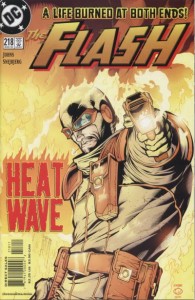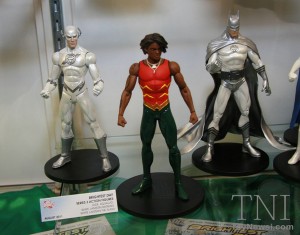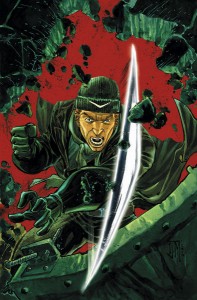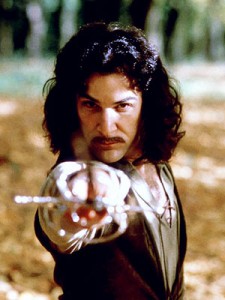Today’s guest post is by Dave Huang.
One of Flash franchise’s greatest strengths is the diversity of the Rogues. That strength, however, may prove a challenge when being modernized or adapted to film. Whether or not combining origins is a good thing, it certainly is a trend. Every Superman film has presented a Kryptonian threat (kryptonite, phantom zone criminals, synthetic kryptonite, synthetic kryptonian, kryptonian crystals). In Batman Begins, Scarecrow’s formula, Falcone’s involvement, the main threat, and Bruce’s training all trace back to Ra’s. In The Dark Knight, Batman’s escalation begets Joker who begets Two-Face. In updating Spider-Man, radioactivity is discarded in favor of genetics with organic webshooters (one origin for all powers). The list goes on….
How then does one adapt a speedster with enemies from the far future, prehistoric past, and all manner of scientific disciplines?
If past is prologue, one starts with the hero’s origin. The origin of The Flash is a little thematically weak. It’s an accident without purpose or meaning which grants neither chemical nor electrical powers and is unrelated to speed. Random electrified chemicals aren’t enough to rationalize all of Flash’s physics defying feats even in the comics, hence the Speed Force. However, the Speed Force is a little esoteric and geared at the comic book literate, for an adaptation you need something better grasped by general audience. My suggestion?
FTL. Continue reading

 This is probably a crazy idea, but it’s something I thought about while writing up my
This is probably a crazy idea, but it’s something I thought about while writing up my 

 Robinson also talked about why
Robinson also talked about why